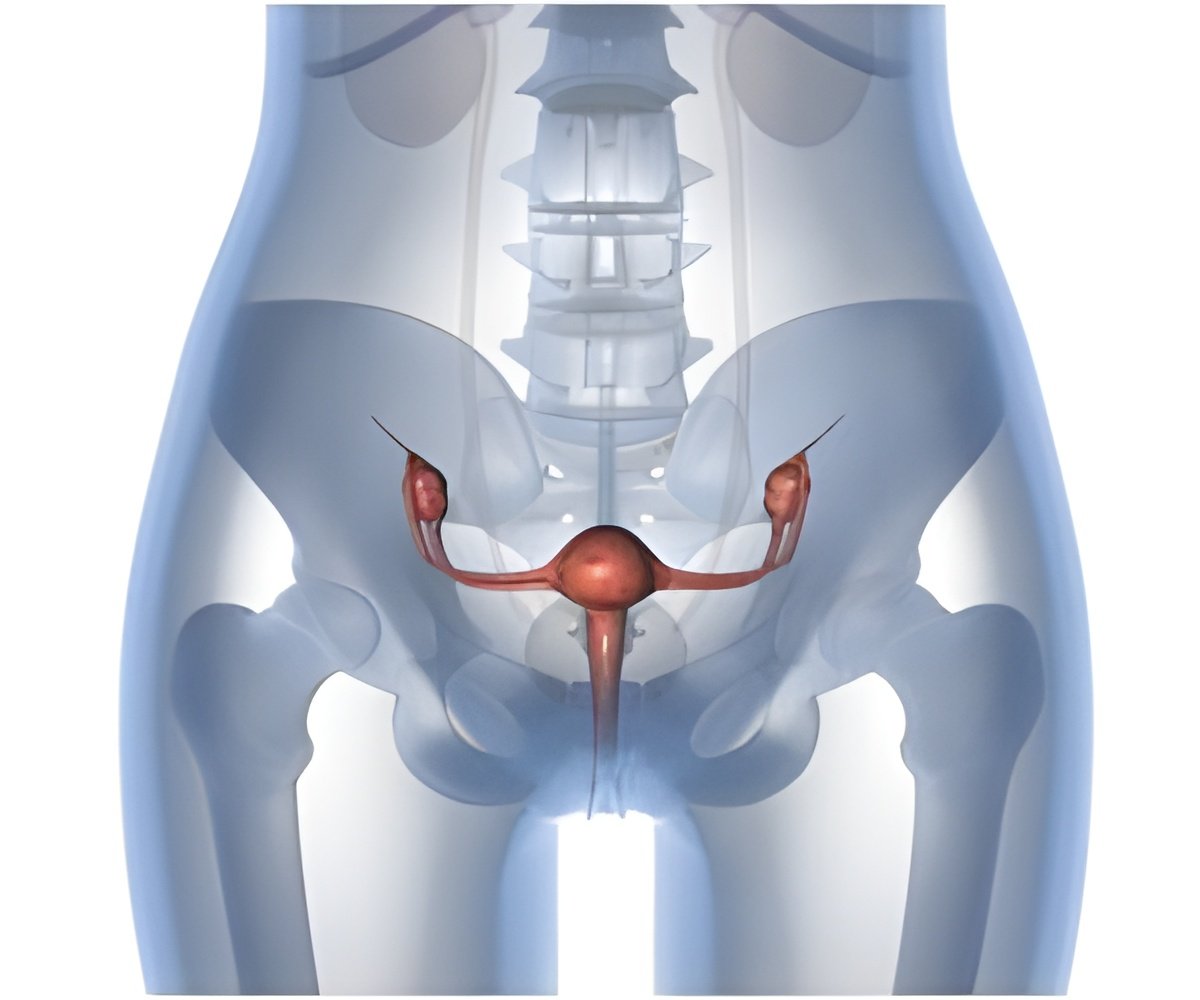
Scientists at the Academy of Finland's Centre of Excellence in Cancer Genetics Research have identified the molecular mechanisms underlying the onset of common leiomyomata. The results of their research were published in the top medical journal New England Journal of Medicine in early June.
"These new findings are essential for the further development of pharmacological treatments for this type of tumour," says Academy Professor Lauri Aaltonen, who heads the Centre the Excellence based at the University of Helsinki.
Aaltonen's team has demonstrated how the genome of benign uterine leiomyomata differs from normal uterine tissue. Very little was known about the aetiology of leiomyomata before the team's research. The team has previously identified a gene defect that explains more than half of these tumours. The present whole-genome sequencing proved that most of the rest of the tumours develop as a result of chromosome fragmentation and rearrangements.
"Complex chromosomal rearrangements are a major cause of cellular changes that contribute to the onset of benign uterine leiomyomata," Aaltonen states.
Similar changes resulting from chromosomal rearrangements are normally identified in malignant tumours. The results of Aaltonen's team suggest that the same mechanisms may also underlie the onset of non-cancerous tumours.
Advertisement
Advertisement









